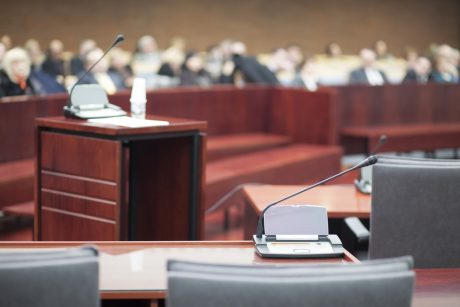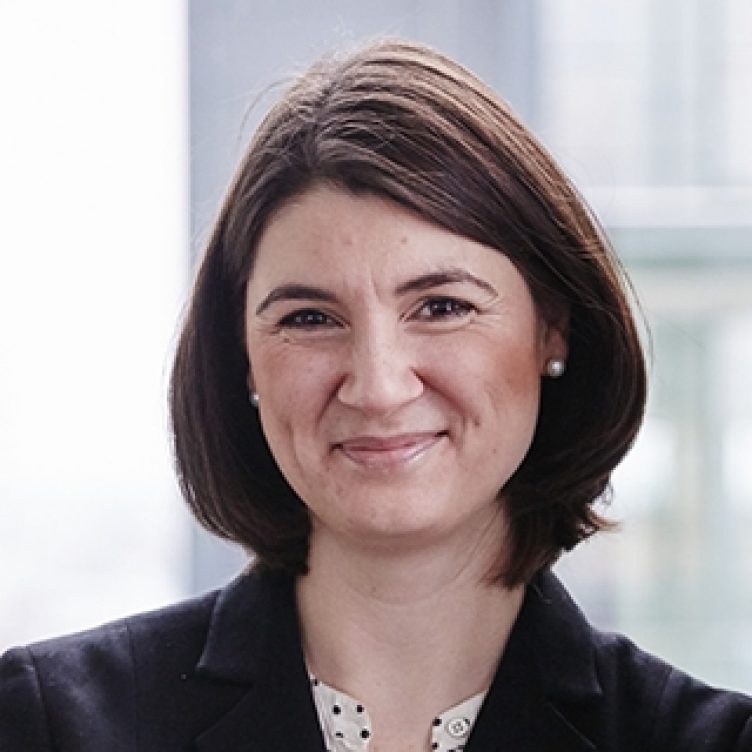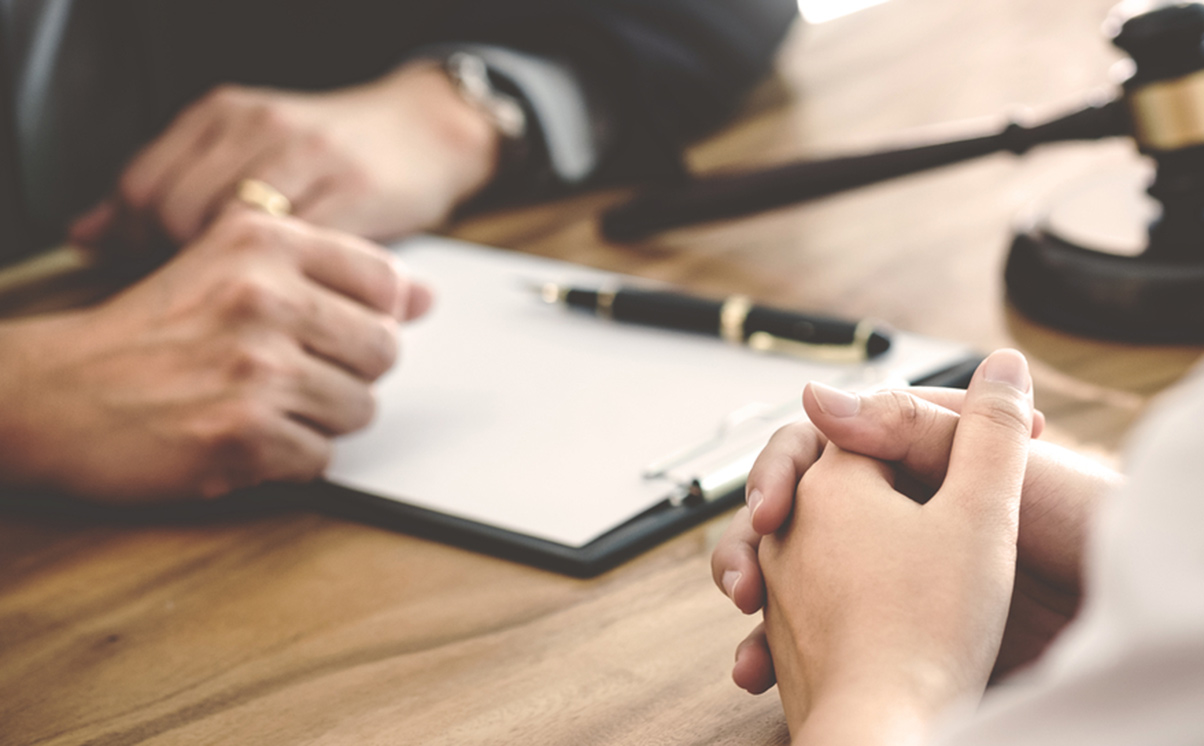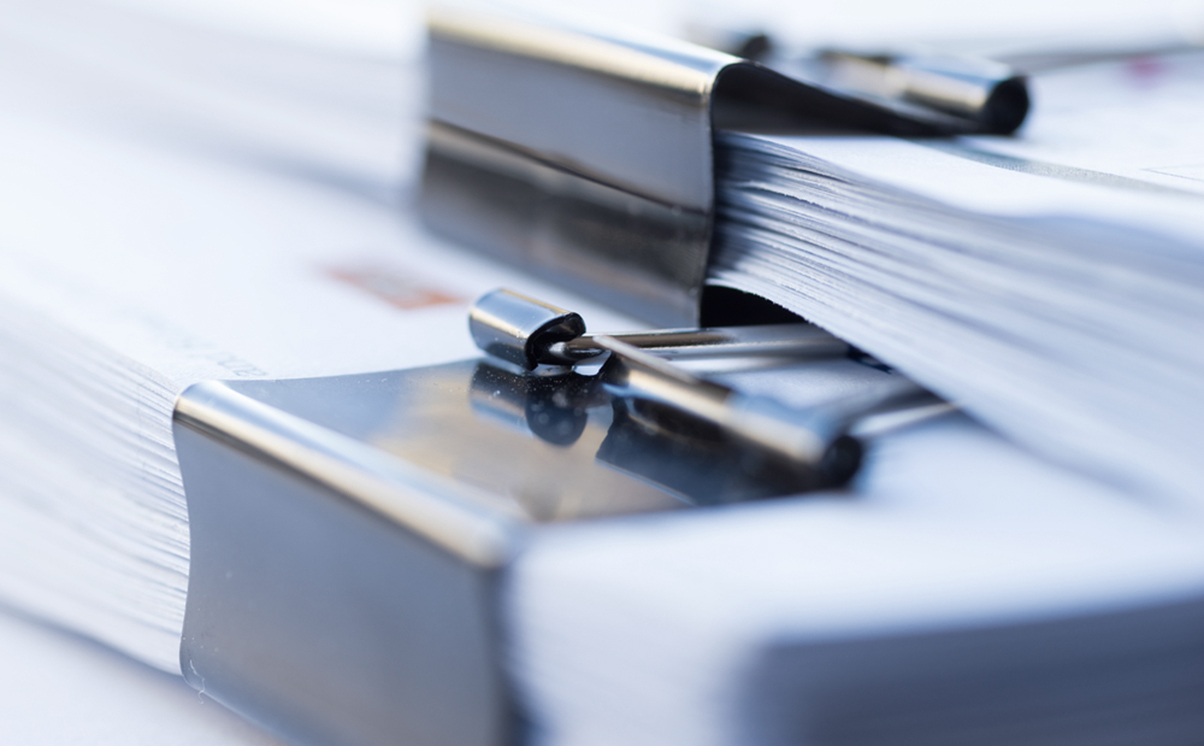The collapse of a recent high-profile trial due to the failure of an expert witness is a reminder of the importance of choosing the right expert. Megan Goodyer looks at what the case means for experts.
At the end of May 2019, the trial of eight men accused of a £7m carbon credit fraud collapsed when the Crown Prosecution Service abandoned its case after its expert witness was discredited in the witness box.
The unqualified expert
The trial collapsed when during the cross-examination of prosecution witness Andrew Ager. It came to light that he had never read a book about carbon credits, though he had once watched a documentary on the subject.
The judge sitting at Southwark Crown Court, Mr Justice Loraine-Smith, said: “Andrew Ager is not an expert of suitable calibre. He had little or no understanding of the duties of an expert. He had received no training and attended no courses. He has no academic qualifications. His work has never been peer reviewed.”
The collapse of such a complex and high-profile case as a result of the failures of this expert witness is a reminder of the significant role experts play and the importance of choosing the right one.
The definition of an expert witness
An expert is defined in the Civil Procedure Rules as a person with a high degree of skill and knowledge in a particular subject who has relevant and up to date expertise with regards to issues in the case. They must also have sufficient education and communication skills to produce a clear written report and, if necessary, provide helpful oral evidence to the court.
The case of Andrew Ager is extreme and unusual. Most experts only feel comfortable providing evidence in their area of expertise, not on matters that lie outside it.
Duties and responsibilities of experts
The duties and responsibilities of experts in civil cases were considered in National Justice Compania Naviera SA v Prudential Assurance Co Ltd [1993] 2 Lloyds Rep 68 (Comm Ct). The judge in the case set out the following duties of expert witnesses:
- Expert evidence presented to the court should be, and should be seen to be, the independent product of the expert uninfluenced as to form or content by the exigencies of litigation.
- An expert should provide independent assistance to the court by way of objective and unbiased opinion in relation to matters within their expertise. An expert witness in the high court should never assume the role of an advocate.
- An expert witness should state the facts or assumptions on which their opinion is based. They should not omit to consider material facts which could detract from their concluded opinion.
- An expert witness should make it clear when a particular question or issue falls outside their expertise.
- If an expert’s opinion is not properly researched because they consider that insufficient data is available, then this must be stated with an indication that their opinion is no more than a provisional one. In cases where an expert witness who has prepared a report could not assert that the report contained the truth, the whole truth and nothing but the truth without some qualification, that qualification should be stated in the report.
- If, after the exchange of reports, an expert witness changes their views on the material having read the other side’s expert’s report or for any other reason, such change of view should be communicated to the other side without delay and when appropriate to the court.
- Where expert evidence refers to photographs, plans, calculations, analysis, measurements, survey reports or other similar documents, these must be provided to the opposite party at the same time as the exchange of reports.
What does this mean for experts?
The duties of an expert are clear and mostly common sense. In high-value personal injury or clinical negligence claims (where there are often multiple injuries causing multiple symptoms) an expert can only comment on issues that fall within their area of expertise. When a matter arises that they do not feel able to comment on or which is outside their know-how, the onus is on the expert to make this clear.
This case shows that experts must be precise about their area of expertise and should be careful not to stray out of that area, even when asked to comments on matters by the legal team. It is ultimately the expert that will be criticised by the court if that happens.
Conclusion
The case of Andrew Ager is out of the ordinary but does reflect the vital role of experts in litigation. Choosing the right expert for each case cannot be underestimated. Any doubt about the expert’s credibility will cast a shadow over the entire claim and, as the Andrew Ager fiasco shows, has the power to make or break a case.
You can find further information regarding our expertise, experience and team on our Personal Injury pages.
If you require assistance from our team, please contact us or alternatively request a call back from one of our lawyers by submitting this form.
Subscribe – In order to receive our news straight to your inbox, subscribe here. Our newsletters are sent no more than once a month.







